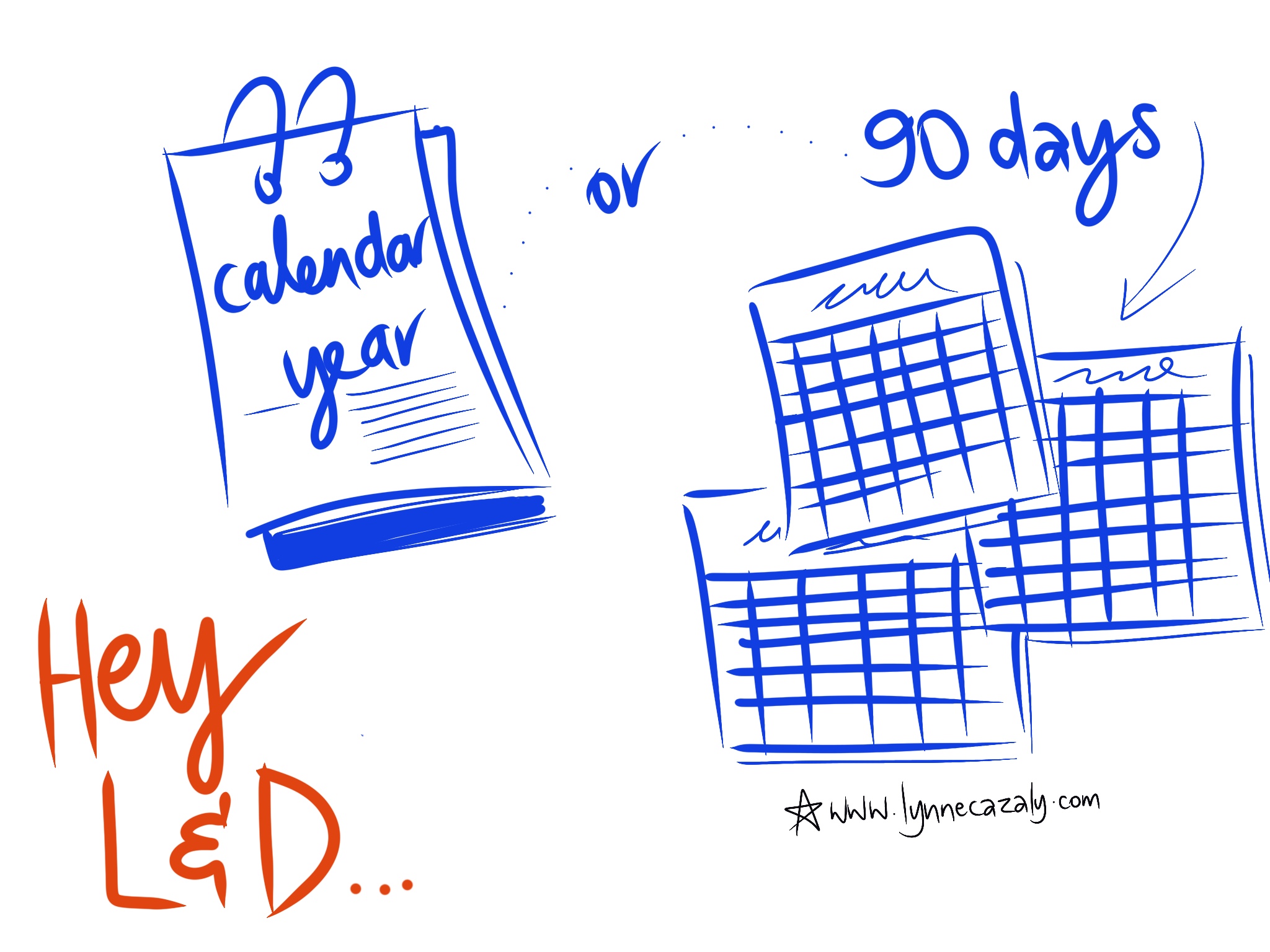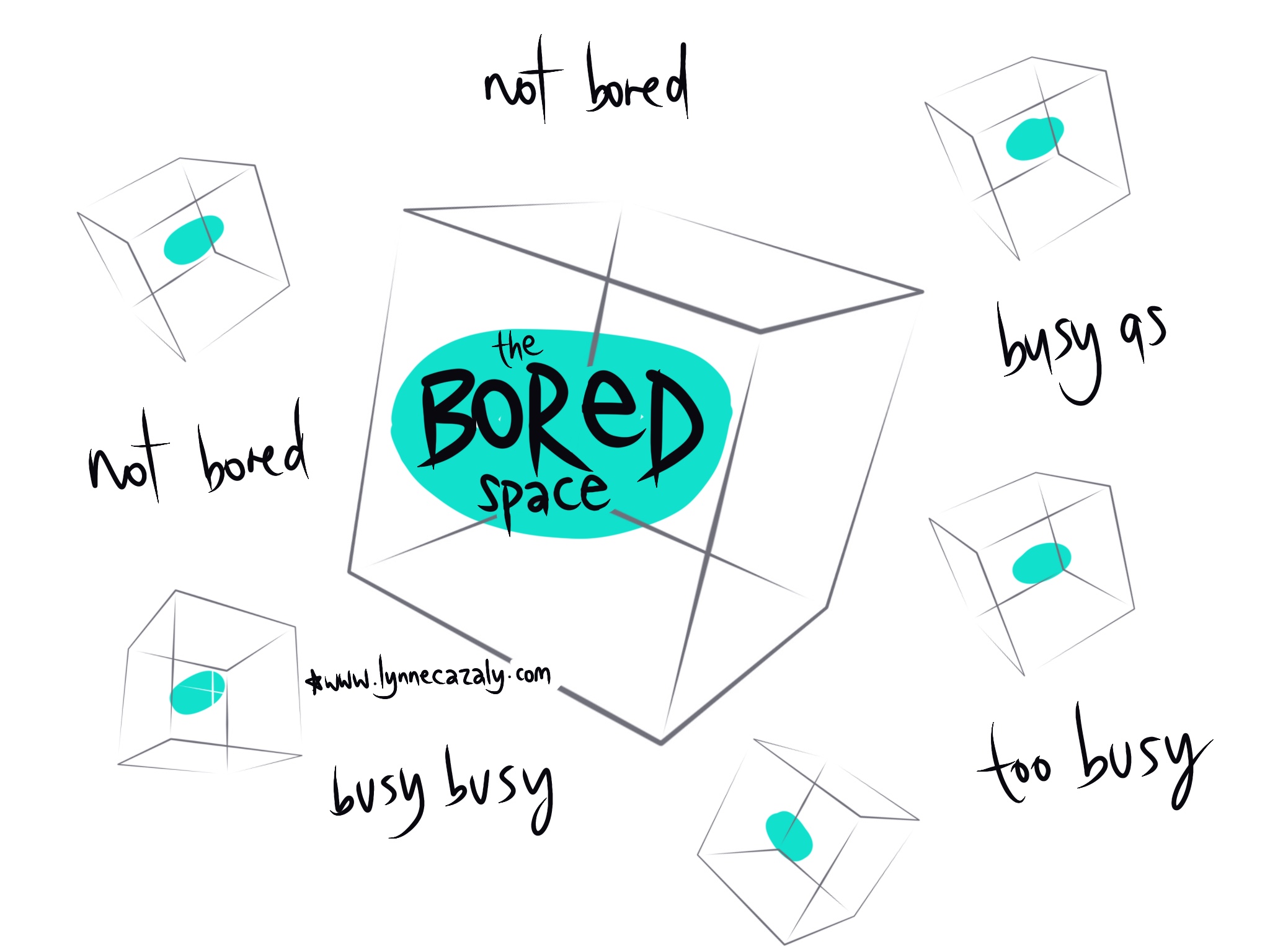Respect the old please
 Monday, May 13, 2019 at 3:10PM
Monday, May 13, 2019 at 3:10PM  'Push the new. Drive the change. Create urgency. Move on.'
'Push the new. Drive the change. Create urgency. Move on.'
These phrases are part of transformation at work - everyone’s on 'a journey' and many a leader wants us to ‘move on’. Those labelled 'laggards', are derailing change efforts, resisting the new.
But maybe it’s those who are 'pushing the new' who cause problems by resisting the old, not acknowledging the past. 'We’ve got to move on’ is so dismissive; I never use it in workshops or sessions.
During change, it's vital to spend some time acknowledging and respecting the way things were. For longer-term employees, dismissing the past, asking them to move on could feel like their efforts are dismissed, their purpose, previous roles, the work they did and their commitment ... dismissed.
Could we respect the old before moving on with the new, please?
In Stockholm last week - speaking at the software architect's conference - I visited the ‘old town’; part of the city that’s been preserved, recognised and curated so that in the present day we can understand, learn and respect it.
We learn where things come from, what it used to be like and it builds empathy and respect.
What happens when we 'move on' too swiftly?





















